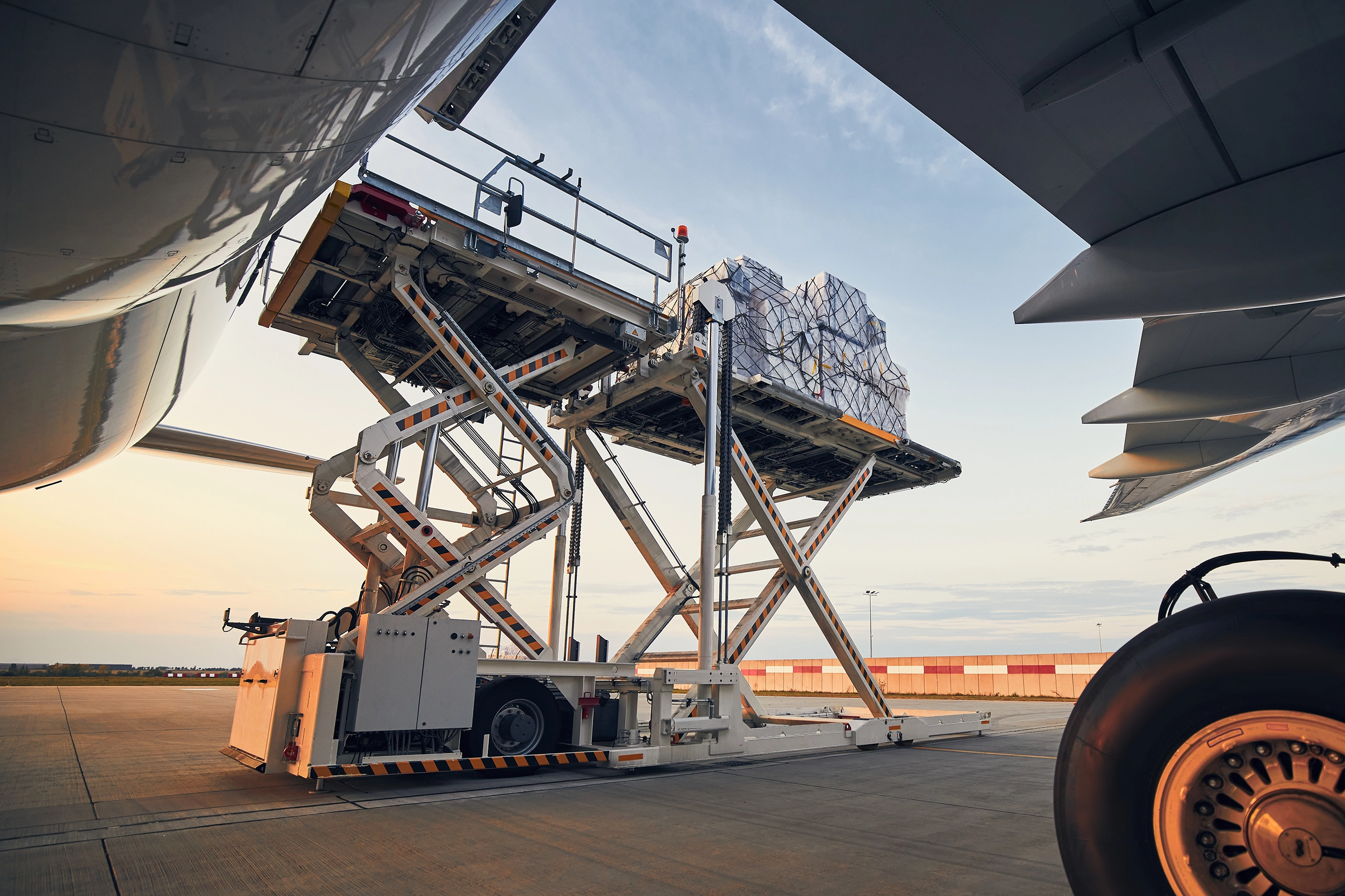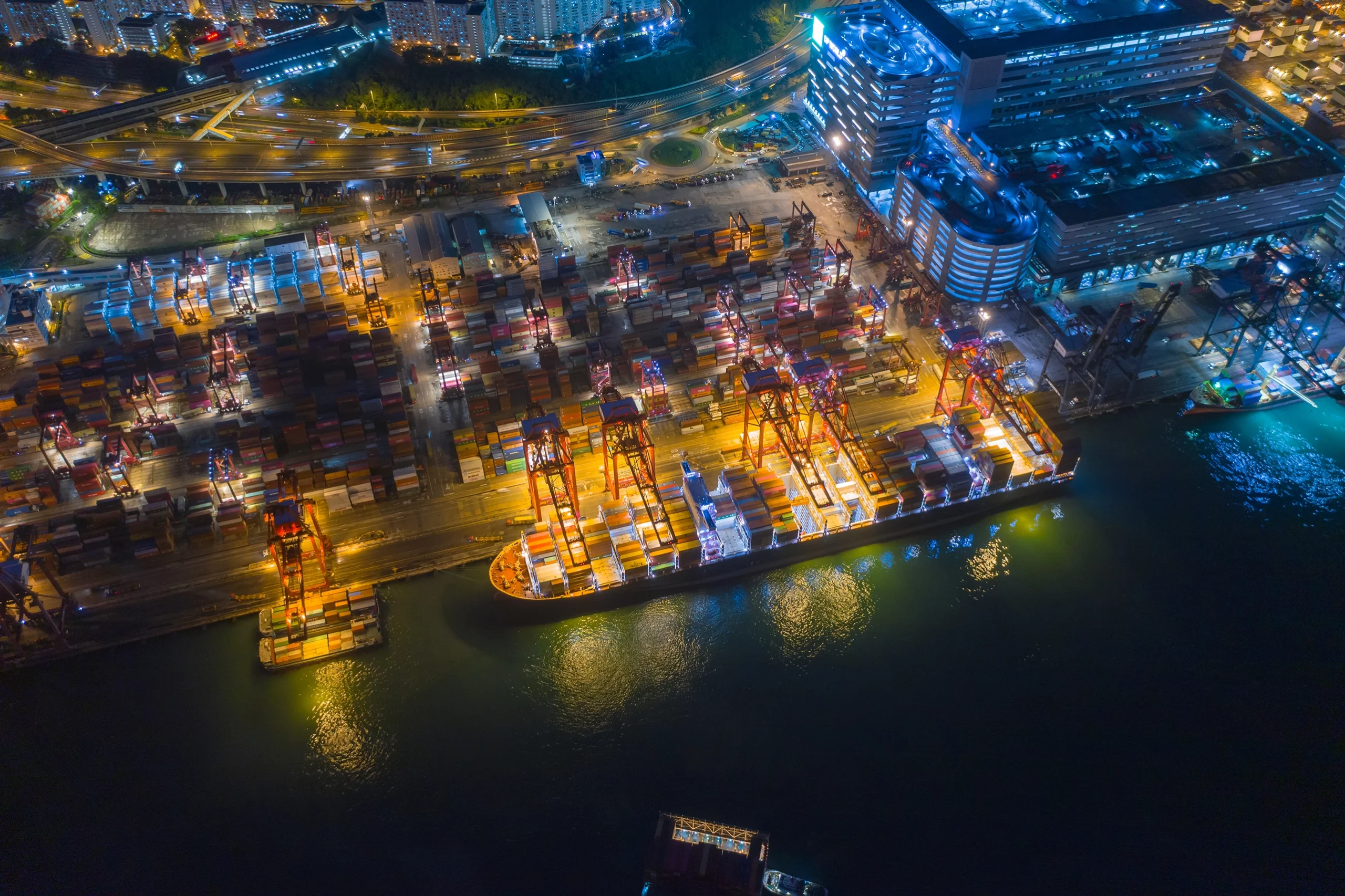- International Freight
International Freight
Air Freight & Sea Freight
Weighing the Pros and Cons of Air vs. Sea Freight for International Shipping. For businesses navigating the global marketplace, selecting the right method for international freight transport is crucial. Two primary options dominate the scene: air freight and sea freight. While both have their strengths, the ideal choice hinges on several key factors – talk to our team to help determine which solution aligns best with your business needs.


